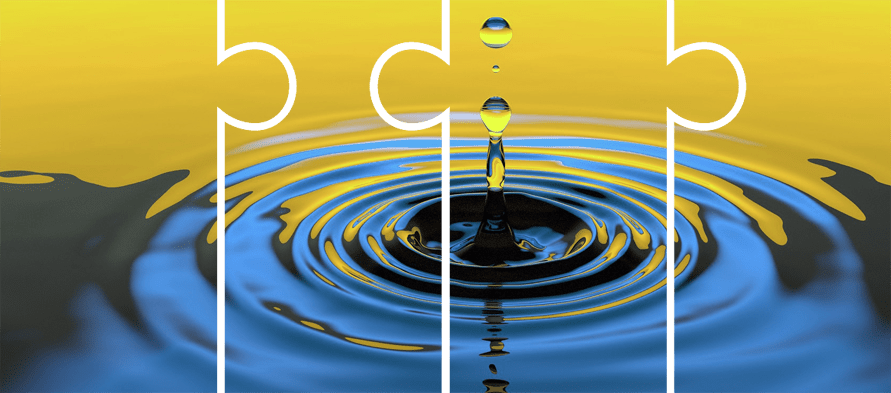The Listening Post process is divided into three distinct parts:
Part 1. The sharing of preoccupations and experiences.
Participants are invited to identify, contribute, and explore their experience in their various social roles, be these in work, unemployed, or retired; as members of religious, political, neighbourhood or voluntary or leisure organisations, or as members of families and communities. What might be called the ‘social’ or ‘external’ world of participants
Part 2. Identification of major themes.
Collectively participants will try to identify the major themes emerging from Part 1.
Part 3. Analysis and Hypothesis formation.
Working with the information resulting from Parts 1 & 2, participants will collectively try to identify the underlying dynamics both conscious and unconscious that may be predominant at this time; and, develop hypotheses as to why they might be occurring at this moment .Here we want to work more with what might be called the ‘psycho’ or ‘internal’ world of participants. The participants collective ideas and ways of thinking that both determine how they perceive the external realities and shape their actions towards them
Psychosocial Concept.
The concept of ‘psychosocial’ draws attention to the fact that what we are dealing with in social system transitions is fundamental change at two distinct levels at the same time. Furthermore, the principles by which change takes place at each of these levels are quite different.
At one level are the ‘social’ factors: the products and services, the technologies, the organisational structures, the culture and the rules and procedures that are the stuff of people’s everyday life and work, the external realities around them. These operate according to principles that may be technical, economic, sociological, legal, or environmental in nature.
At the other level are the ‘psycho’ factors: the beliefs and values, the hopes, anxieties, and defence mechanisms, the ideas and ways of thinking of these same people that both determine how they perceive the external realities and shape their actions towards them.
These are phenomena of subjective experience located within the minds of people, and they operate according to the principles of psychology, especially those studied in the fields of social cognition and psychoanalysis.
These two levels, the external and internal worlds of people – are in continual interaction: what goes on in the minds of people is partly reactive to what happens around them, but is also very much proactive. People’s ideas and ways of thinking influence the way they act upon their surroundings to bring about change in them.
Extract from ‘The Transitional Approach to Change’ Karnac (2001) Ed Gilles Amado.
Hypothesis
A proposition assumed for the purpose of argument; a theory assumed to account for something not understood. (Cassell’s English Dictionary).
Linking Theory to Listening Post.
Part 1. We would not suggest that internal material will not be raised at this time but much of the material in this part of the event, ‘the stuff of people’s everyday lives’, will be that relating to the ‘socio’ or external level.
Part 3. At this stage, we will be trying to understand the content of Part 1 by analysing and hypothesising about what is going on in our minds. To hypothesise, that is, to theorise and assume what is going on in our minds, ‘the anxieties and defences mechanisms’, that is a reaction to what is going on around us.
Int. Representatives
Argentina: Gabriela BARRIAL
Australia: Dr Jinette DE GOOIJER
Bulgaria: Rumen PETROV
Canada: Sholom GLOUBERMAN
Chile: Eduardo ACUNA
Denmark: Zanne LORENZEN
Estonia: Marianne TENSING
Greece: Evangelia LAIMOU
Hungary: Sandor TAKACS
Ireland: Jude BOWLES
Israel: Daphna BAHAT
Norway: Renate GRONVOLD BUGGE
Poland: Iwona SOLTYSINSKA
Serbia: Dr Marina MOJOVIC
South Africa: Dr Frans CILLIERS
Sweden: Stefan JERN
Switzerland: Heather CAIRNS-LEE
Turkey: Muzaffer MUSTAFA
Uluslararası Dinleme İstasyonu Web Sitesi:
https://www.opus.org.uk/
Uluslarası Dinleme İstasyonu Yerel Temsilciler:
https://www.opus.org.uk/listening-post-national-representatives/
Uluslararası Dinleme İstasyonu Ülke Arşivleri:
https://www.opus.org.uk/listening-post-2016/
Organisational and Social Dynamics Dergisi:
http://www.osd.org.uk
Previous Volumes of Organisational and Social Dynamics Magazine:
http://www.osd.org.uk/previous-volumes/


